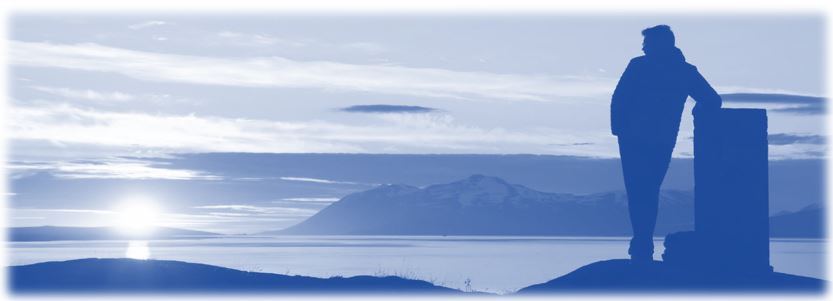NS29 Session 18
29th Nordic Symposium on Tourism and Hospitality Research
Shaping mobile futures: Challenges and possibilities in precarious times
21-23 September 2021

HOME Program Keynote speakers Important dates
PhD Seminar Committees Practical information Contacts
Title: Tourism Education Methodologies for Inclusion and Emancipation in Precarious Times
Organisers: Jessica Aquino and Laufey Haraldsdóttir
Affiliation: Hólar University
Description
Before the covid-19 pandemic many students in western-based educational settings were already struggling to understand philosophical concepts taught in the traditional lecture style classrooms and how these concepts connect to real world practice. The Covid-19 pandemic’s impact on student learning further underlined that there is a great advantage for students to learn together with others. Especially in learning environments where the teacher acts as a facilitator to help explore the space between the knowing and not knowing. Creation of these spaces within the classroom (face-to-face or virtually) encourages students to come to a shared understanding of concepts and have a stronger impact on human development. Boluk and Carnicelli (2019, p. 174) argue that, “Collaboration and co-learning is about finding solutions together by creating new knowledge that will challenge dominant discourse, ideologies, and practices.” These, in particular, are the skills needed by tourism managers for the development of sustainable management plans. Furthermore, tourism managers work with diverse stakeholder groups who may have aims that are, at times, on opposite ends. Therefore, interdisciplinary training that includes preparation in understanding the myriad of world views is critical to understanding the diversity of stakeholder groups and issues in sustainability. The aim of this session is to discuss potential impacts that educational methodologies such as placed-based education, critical pedagogy, nature pedagogy, experiential learning, arts-based methodologies, reflective methodologies, and etc. may have on tourism education for inclusion and emancipation. Specifically, we invite research papers, case studies, and learning experiments from both online and in-person learning environments that discuss teaching philosophies that consider tourism education for its democratic, ethical, and liberating potential; and how tourism educators are seeing opportunities in applying new teaching methodologies across the tourism curriculum.





 Norðurslóð 4 (7th floor)
Norðurslóð 4 (7th floor) 600 Akureyri, Iceland
600 Akureyri, Iceland